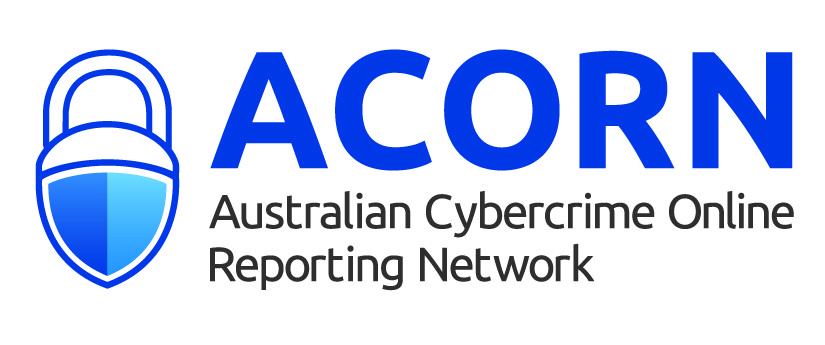I had been warned there might be a follow-on or ‘secondary scam’, after my scam event in 2012, and had thought myself lucky that there had not been one. Until last week. It came via Skype.

How alluring the thought of getting my lost money back could be, if I let it. The Skype contact request came with a photo of what I assumed to be an older official looking man. Actually when I look again, it looks like someone in a bookshop or library, not official at all! No doubt the ‘full statement’ would gather personal information which could be abused, either by ID theft, or they would ask me to pay fees to get the money back. I know by now its all about getting their hands on my money.
I know enough by now to check, so went to the Interpol website and found this, located in their FAQs.
“I have been contacted by someone claiming to work for INTERPOL. How can I check this is genuine?
 The INTERPOL General Secretariat does not contact members of the public. If you have received an email from an individual claiming to work for INTERPOL, it should be considered fake. Read more about email scams falsely using the INTERPOL name.”
The INTERPOL General Secretariat does not contact members of the public. If you have received an email from an individual claiming to work for INTERPOL, it should be considered fake. Read more about email scams falsely using the INTERPOL name.”
As an aside, when I was scammed it was suggested by friends that I contact Interpol to find my scammer. Officially, they say
“Am I the victim of online fraud?
There are many common frauds circulating over the Internet, including fraudulent lotteries, so-called ‘419’ scams, fake inheritance claims, online purchases scams, online dating and chat-room confidence tricks. If you believe you are the victim of one of the above, please contact your local or national police authorities.” [my emphasis]
But back to the story… I did not accept the invitation to connect on Skype, and blocked the contact.
I am not talking about situations where the victim is blackmailed by a scammer who has taken a revealing webcam of them, such as in ‘sextortion’. You can see more in my blog on this. I am also not talking about when the scammer is confronted, and then admits to being a scammer, but declares that they have really fallen in love with the victim. I am talking about money recovery scams when a supposed official contacts the victim, as they did me, saying they can help get money back. I have heard stories of this being Senior Police, Ministers etc. See this great description by Scamwarners.com, who have some great sample emails used in this type of scam.
The WA Police and Consumer Protection have been particularly active in the area of romance scams. They say some secondary scam “Bogus stories have included:
- offers of scam compensation from law enforcement or government agencies even though no such scheme exists
- a supposed doctor calling to alert a fraud victim that the scammer had attempted suicide and needed medical bills paying or he would not survive;
- a woman contacting a fraud victim to explain she is the scammer’s wife and he beats her but she wants to leave and needs money to do so; and
- claims made to a fraud victim that the scammer is facing jail unless more money is sent.”
I find these stories so outlandish, but understand that they are designed to hook the victim in the same way the initial scam did. Here is a case study cited on Lifehacker by Cassandra Cross, one of our top Australian researchers on this topic, of such a situation.
“CASE STUDY: A woman in her 50s was approached by a man in America. She developed a relationship with him, which included her talking and emailing his “daughter”. She lost $A30,000 before she realised it was a fraud and stopped sending money.
But she became a victim in a secondary scam, from bank officials in another country claiming her “husband” had opened an account in her name. She lost another $A30,000 trying to access these funds.
She reconnected with the original man, believing that they both may have been scammed by this banking official and that she might be able to continue her relationship with him. In the process, she has lost all her savings, her house, her job and it put immense strain on her relationships with family and friends.”
One thing I have heard about these secondary scams is that they can be very convincing, supposedly coming from people (government officials or police) of very high status, and with convincing documentation. They can even set up phone calls with these officials to further add to the realism of the scam/fraud scenario. It can become very confusing to tell reality from lie when the evidence seems so real.
There has been some research done on susceptibility of people to repeat scams, and that research, done for the UK Office of Fair Trading in 2009 showed that it was 10 – 20 percent of people who have been scammed. That’s quite high.

Two things to say about all this:
- We need to acknowledge the complexity of our emotions and how easily we can be manipulated by ‘hope’ of something different, better, more, or situation remedied, especially in areas of love and money. Hope has a lot to answer for.
- The level of sheer gall (and ingenuity) of the scammers to brashly keep trying to get our money, using any and every scenario they can and with near to real backup materials and manipulations, is astounding.
So the lesson is simple. If you have been scammed, be hypersensitive to follow-on or secondary scams. Especially be aware that these are likely to come from online connections, as mine did, via email, Skype or even LinkedIn. They may purport to be officials of some sort. In reality, true organisations will never contact you this way. So beware.






